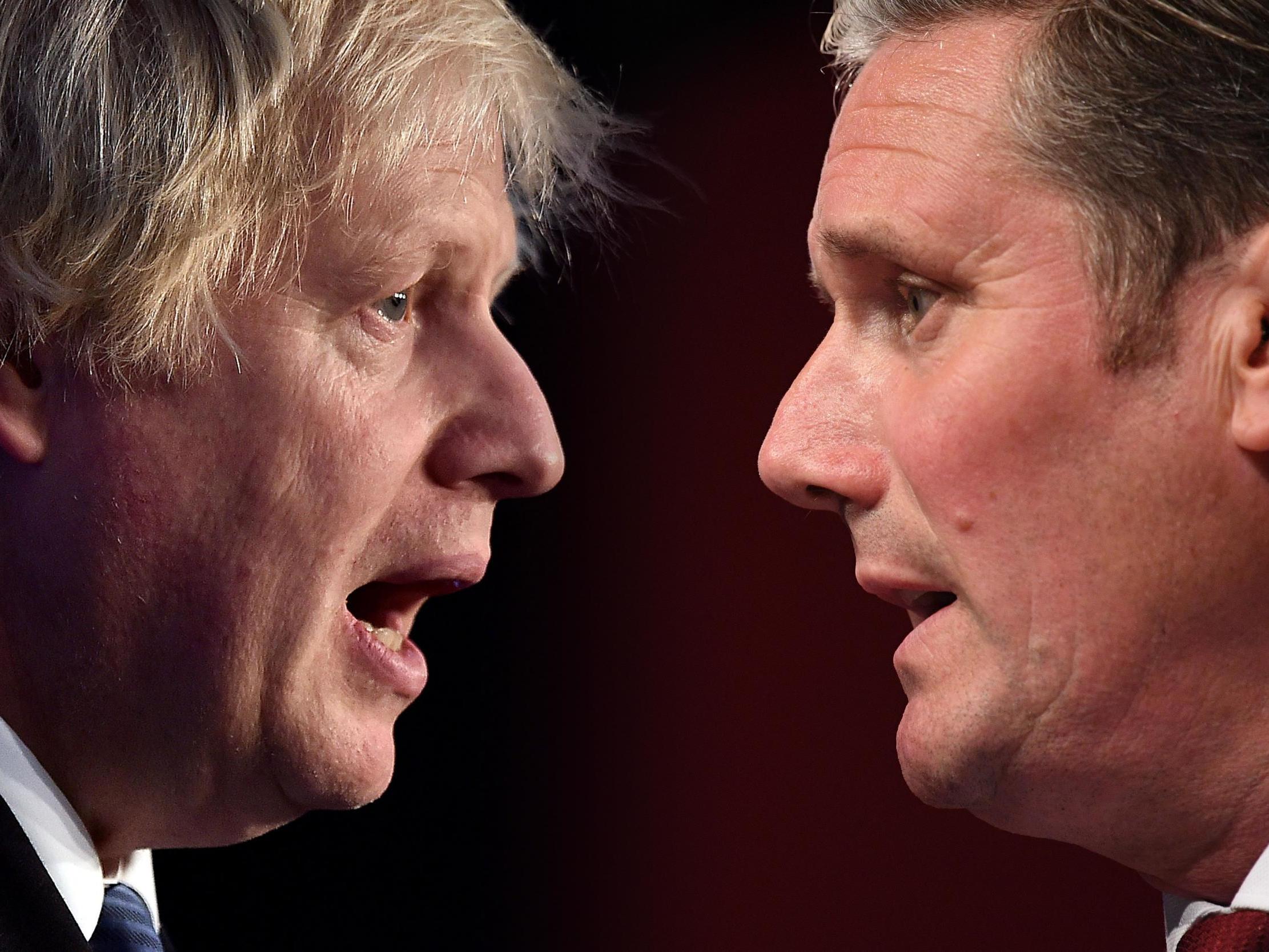Left and right can be misleading labels in reporting on politics
All parties in Britain are messy ideological coalitions. That’s why I have always tried to avoid using labels in my reporting, writes John Rentoul


Your support helps us to tell the story
From reproductive rights to climate change to Big Tech, The Independent is on the ground when the story is developing. Whether it's investigating the financials of Elon Musk's pro-Trump PAC or producing our latest documentary, 'The A Word', which shines a light on the American women fighting for reproductive rights, we know how important it is to parse out the facts from the messaging.
At such a critical moment in US history, we need reporters on the ground. Your donation allows us to keep sending journalists to speak to both sides of the story.
The Independent is trusted by Americans across the entire political spectrum. And unlike many other quality news outlets, we choose not to lock Americans out of our reporting and analysis with paywalls. We believe quality journalism should be available to everyone, paid for by those who can afford it.
Your support makes all the difference.All parties in Britain are messy ideological coalitions. Which can make reporting internal party politics complicated. Keir Starmer is currently said to be under pressure from “the left” of his party after he sacked a “leftwinger”, Rebecca Long-Bailey, over antisemitism.
Boris Johnson, meanwhile, is said to be under pressure from “rightwingers” in his party to cut ties with Chinese companies and to walk away from EU trade talks if favourable terms cannot be agreed. The Liberal Democrats are less inclined to use such terminology, being used to positioning themselves as “neither left nor right” between the two main parties. Even so, Ed Davey is sometimes described as the right-wing candidate in their leadership election – because he was a minister in the coalition government – against Layla Moran on the left.
In the past five years, I have tried to avoid using these labels. I admit this is partly because of my own views of Labour’s internal politics. I did not see why Jeremy Corbyn and his supporters got to decide what was “left wing” and what was not. In my view, Tony Blair achieved more change of an egalitarian kind than any of them ever did. In practical terms, New Labour was more “left wing” than the Socialist Campaign Group of MPs, which only ever sought to obstruct and vote against a successful reforming government.
Many of Corbyn’s policies were the opposite of progressive in the sense that they would have transferred money from the poor to the better off, such as “free” university tuition.
The internal politics of the Conservative Party are no simpler. Is support for membership of the EU right-wing or left-wing? Long ago the Labour Party, and especially the so-called left, was for withdrawal and the Conservatives were for staying. Is Boris Johnson, who fought the last election on a promise of 50,000 more nurses for the NHS, more right-wing than Theresa May, who supported the extension of grammar schools?
Many of Johnson’s policies and much of his rhetoric – except on Europe – sound Blairite. Rishi Sunak’s furlough scheme to keep people in jobs during the coronavirus crisis would probably have gone off some people’s left-wing scale a few years ago. No wonder Johnson felt he needed to declare “I am not a communist” in his speech last week.
Just as surprising was Michael Gove’s declaration in his Ditchley Foundation speech, earlier in the week: “I am in public service, as an MP and government minister, because I want to tackle inequality.” In the next sentence, he clarified that his “mission in politics is to make opportunity more equal”, but even so this should warn against making assumptions on the basis of simple labels.
I have found this a useful exercise over the past five years: every time I am about to use the term left or right, I make myself try to use a more precise term instead. So Long-Bailey is a Corbyn supporter, and opponents of Huawei’s role in the 5G network are economic nationalists, or even “resisters of Chinese totalitarianism”. Are those better?
Yours,
John Rentoul
Chief political commentator
Join our commenting forum
Join thought-provoking conversations, follow other Independent readers and see their replies
Comments